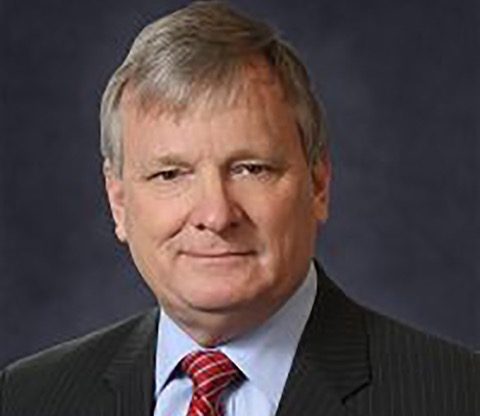North Carolina State Treasurer Dale Folwell has a lot of concerns about the effects of the lengthy COVID-19 stay-at-home order, and not all of them are fiscal.
Folwell said, “This could create an economic inequality that will take years to recover from.”
He explained, “People who make their livings with their hands, their backs and their feet, are losing their upward mobility and the joy of achievement in life.”
He also said the state was experiencing geographic inequality. He said, “Charlotte and Shallotte may sound a lot alike, but are very different places.”
But he said every city and county in the state was being treated the same by the orders out of Raleigh.
Folwell said that North Carolina was uniquely positioned to “pull out of this faster than anyone else.” Folwell noted that the state had budget surpluses of over $4 billion, plus $1.5 billion in the rainy day fund, $4 billion in the unemployment account and had already received $4 billion from the federal government CARES Act.
He said, “We have the financial strength, but you can’t take advantage of all that unless you give people the opportunity to consume.”
Folwell said he was particularly worried about the cities and counties, which were going to be asked to shrink their budgets because of falling revenue and at the same time were going to have to figure out how to increase employment in their communities.
He noted that South Carolina had almost completely reopened and that people in many cities in North Carolina could drive 15 minutes to get a hamburger and a haircut south of the border, which wasn’t doing anything for the economy of their home state. He said, “Our disadvantage in pulling out of this grows by the hour, by the minute compared to other states.”
He said in the current climate, “Anybody who challenges the assumptions gets called political.”
Folwell added, “People don’t give a damn what political party you’re in they want their problems fixed such as where is their food going to come from and when are they going to be able to get back to work.”
Folwell was diagnosed with COVID-19 in late March and was hospitalized for five days. He has recovered and said he was suffering no ill effects.


There is no such thing as “economic equality”. Such nonsense is the platform of the LEFT. In communist Russia, the Party held all the power and wealth. Can you say “Venezuela”?